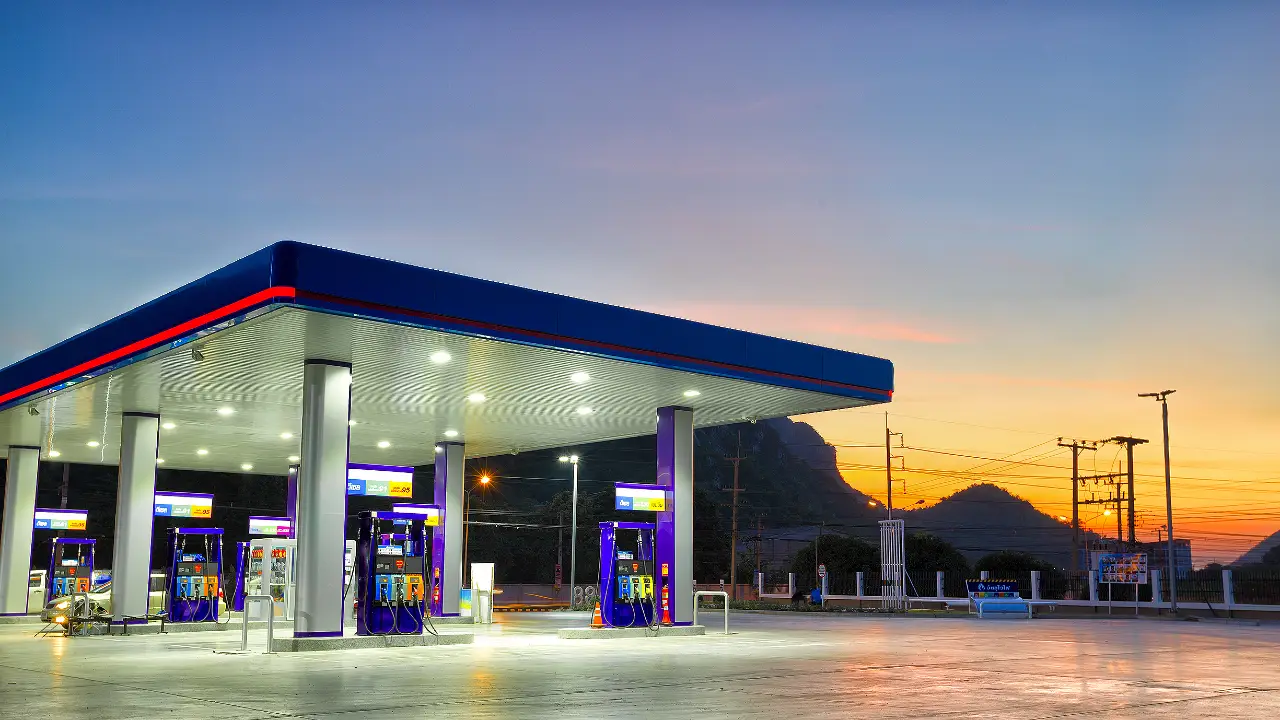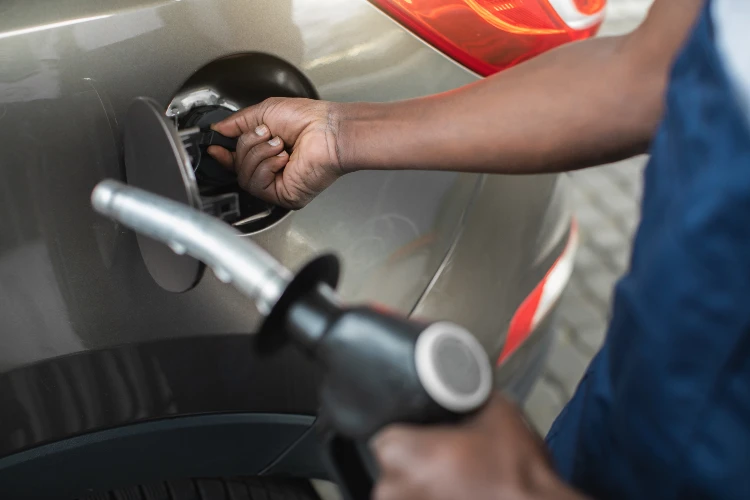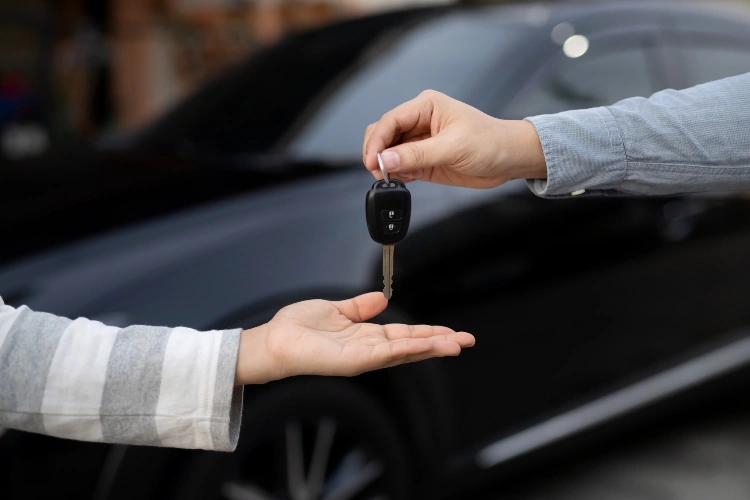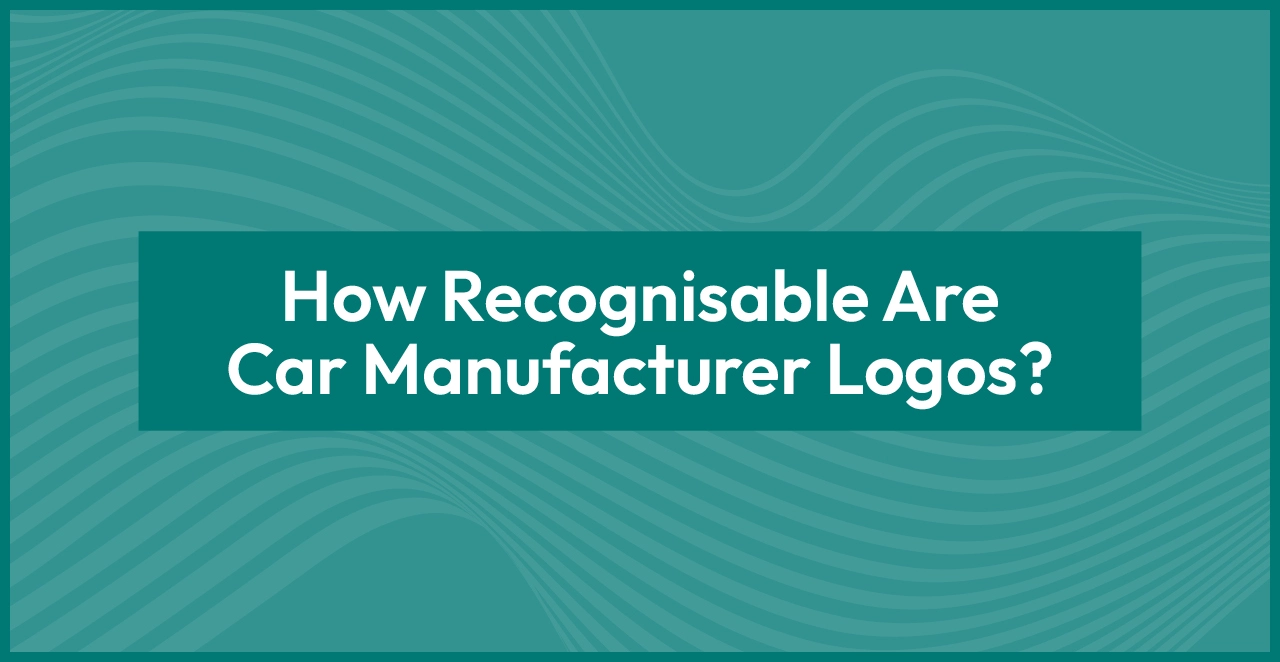In 2030, the UK Government will ban the sale of new diesel and petrol cars. Originally this ruling was due to come into effect in 2040, but in 2020, then-Prime Minister Boris Johnson announced that plans would be expedited and changed the year of the ban to 2030. While this seems a fair way off, there are just 8 years for car manufacturers and retailers to get their houses in order. According to the Government, they need to make plans to up their production and sale of electric cars, the new weapon of choice in fighting climate change and emissions.
In this 'green industrial revolution', former PM Johnson claimed that we will see a low carbon economy and a wealth of new job opportunities. Of course, one other factor is needed to ensure that this target can become a reality: significant improvements and expansion of the charging infrastructure in the UK. For example, replacing petrol forecourts with charging points and making reasonable home charging provisions for those who do not have a private parking space or driveway to charge their EV overnight.
Why Is The UK Moving Early On The Ban?
According to a report conducted by the Department for Transport in autumn 2021, 27% of the CO2 emissions produced in 2019 in this country came from transportation, with 91% of that total coming from road transport. That shows how serious the tailpipe emissions issue is, which is why – along with many other countries – the UK has a legal target to achieve net-zero greenhouse gases by 2050.
As a result, the focus is on significantly reducing, and possibly even one day eradicating, the fleet of cars already on our roads which use internal combustion engines. This is because both petrol and diesel emissions harm the air quality. While technology has proven that these can be lowered, there is no contest compared to electric vehicles. EVs are, by nature, emission-free aside from tyre and brake particles. However, they are still far cleaner and greener than petrol and diesel engines, even taking into account this minor detail.
Concerns Over Diesel’s Effect On Health
The diesel engine is a notable offender as it is a significant emitter of harmful gases that damage the environment; plus, these emissions have been found to be pretty harsh on the body. Diesel cars expel both particulates and nitrogen oxides, which contribute to conditions such as heart disease, respiratory issues and lung cancer, to name just a few. In short, governments of the world believe the best thing we can do is ultimately end the use of this fuel source and focus on EVs, which are also manufactured and can be propelled using renewable power from solar and wind generation.
Are All Vehicles Included In The Ban?
When the ban comes into force in 2030, it will include all private and commercial cars and vans, the only exception being hybrid cars which get a stay of execution until 2035. Even then, there is a caveat – any hybrid sold in these 5 years must have no carbon emissions from the tailpipe when driving a significant distance. This means that 'mild' hybrids will likely become a thing of the past when the ban commences in 2030. Instead, manufacturers will need to increase their range of hybrid plug-in vehicles – or ditch them altogether and stick with fully electric cars.
What About The Commercial Sector?
There is no escape for those in the commercial sector either, which means that the 8 years left are crucial for small- and medium-sized enterprises, and even multinationals, to start shifting their fleet to electric. Leading lorry and truck manufacturers have been working hard to ensure that they already have comprehensive electric options. As, of course, the critical issue for many commercial vehicles is the outright range, as these vehicles travel the length and breadth of the UK, or even abroad, with their loads.
Are There Any Incentives?
If the Government wants as many people as possible to ditch the combustion engine favouring an electric vehicle instead, what are they doing to incentivise people? There was a £1500 discount on EVs costing up to £32,000, but this was abruptly dropped in June 2022 so there is now no grant support whatsoever when it comes to purchasing an electric passenger car. Also, the Electric Vehicle Homecharge Scheme (EVHS) was replaced from April 1, 2022, with the EV Chargepoint Grant. This does provide up to 75% towards the installation costs of EV smart chargepoints at domestic properties across the UK, but it is only for flat owner-occupiers or people living in rented properties – it is not available to private home owners.
However, EV drivers in London do at least benefit from no Congestion Charge costs. And there’s also a huge benefit if you’re a company-car driver, as the benefit-in-kind (BIK) taxation on zero-emission EVs has been fixed to 2% until March 2025, meaning you’ll pay a pittance in personal tax when driving an EV as compared to something with a petrol or diesel engine onboard.
While there’s less financial support at EV purchase time for private passenger vehicles, for light commercial vehicles (LCVs) there’s better news. As well as sizeable grants towards the purchase costs of small trucks and large trucks, and taxis too, for Vanarama leasing customers the best news comes with small vans (less than 2500kg gross vehicle weight, or GVW) and large vans (between 2500-4250kg GVW).
For the small vans, as long as it emits less than 50g/km CO2 and can travel at least 60 miles in zero-emission electric mode, a plug-in vehicle grant of up to 35% of its purchase price, to a maximum of £2500, can be applied for. Any business or organisation can apply for up to 1000 plug-in vehicle grants for commercials in a year, with the count being reset every April 1.
For large vans, the same parameters apply (sub-50g/km and 60-miles-plus of EV driving capability), and the percentage cap is still up to 35% of the vehicle’s value – but the monetary limit increases to £5000 as a result. As with the small van plug-in grant, a business or organisation can apply for up to 1000 of these grants per annum.
But we've got great news, if you're a Vanarama customer leasing your van from us, this discount is already factored into your monthly rental payments.
Charging Points At Home
EV drivers will also find deals offered at showrooms to help with, or in some cases, cover the cost of a charging point at home. However, often this is only available in simple cases where you have private off-road parking or garage space. It is often trickier to install a charging point if you only have access to on-street parking on a first-come, first-serve basis or rely on parking permits in car parks, for example. It would also be highly impractical for residents to use long cables to the street crossing pavements from the house. There is work to be done by the Government to support drivers who want an EV but may not have easy home-charging access by 2030.
What Happens When VED Income Drops?
One of the current car owner's responsibilities is paying road tax, known as VED (Vehicle Excise Duty). However, electric vehicles do not have to pay VED or fuel duty, which will significantly hit the collection pot of the Government – which has led to them suggesting that they may look to recoup this loss by making more roads into toll roads.
Pay-As-You-Drive Is An Option
The Chancellor of the Exchequer has also mooted the possibility of a pay-as-you-drive scheme that charges road users per mile. However, some have already argued that this will be unfair on rural locations where driving is necessary, leading the powers that be to consider other ways of dealing with the fact of road tax becoming a thing of the past.
What Happens To The Second-Hand Market?
The second-hand petrol and diesel car market will still be available after 2030. It seems impossible to predict how long it will take to phase out these vehicles entirely. Still, it would seem likely that even this outlet for petrol and diesel vehicles will need to be banned at some stage if we are to meet the legal obligations of net-zero greenhouse gas emissions by 2050. That’s another reason in favour of leasing!
Will Petrol And Diesel Cars Depreciate?
If motorists don’t lease and own instead, many never actually purchase new vehicles. They instead choose to resell their vehicle and buy something newer, but still second-hand. As demand for combustion engines drops, so will the resale value – which will be a double-edged sword. Some people will benefit, whereas others will lose out. However, the second-hand market for EVs will start to grow, and manufacturers will be doing everything they can to make new EVs affordable.
Can't I Convert My Car?
In theory, you can convert a combustion engine into an EV. However, it won't make financial sense for most people. Unless you have a real attachment to the car, it will be cheaper to simply change to a new EV. The cost for conversion is between £20,000 for a small car and up to £60,000 for a large one. The mechanic would have to remove the fuel tank, engine and transmission, in order to replace them with an electric car's components.
What About Classic Cars?
As these are not new, there is no reason for them to be affected. They are classed as second-hand, so for now, at least, there is no reason for enthusiasts to be worried. There may come the point where fuelling them will be an issue, but in the meantime, the forecast is that over the next 20 years they will become even more sought-after, which will cause the price to go up.
Of course, by leasing a car, you avoid all the uncertainty and hassle that surrounds the 2030 UK petrol ban. Head over to our car leasing page where you can choose a new car that you can swap every few years.






